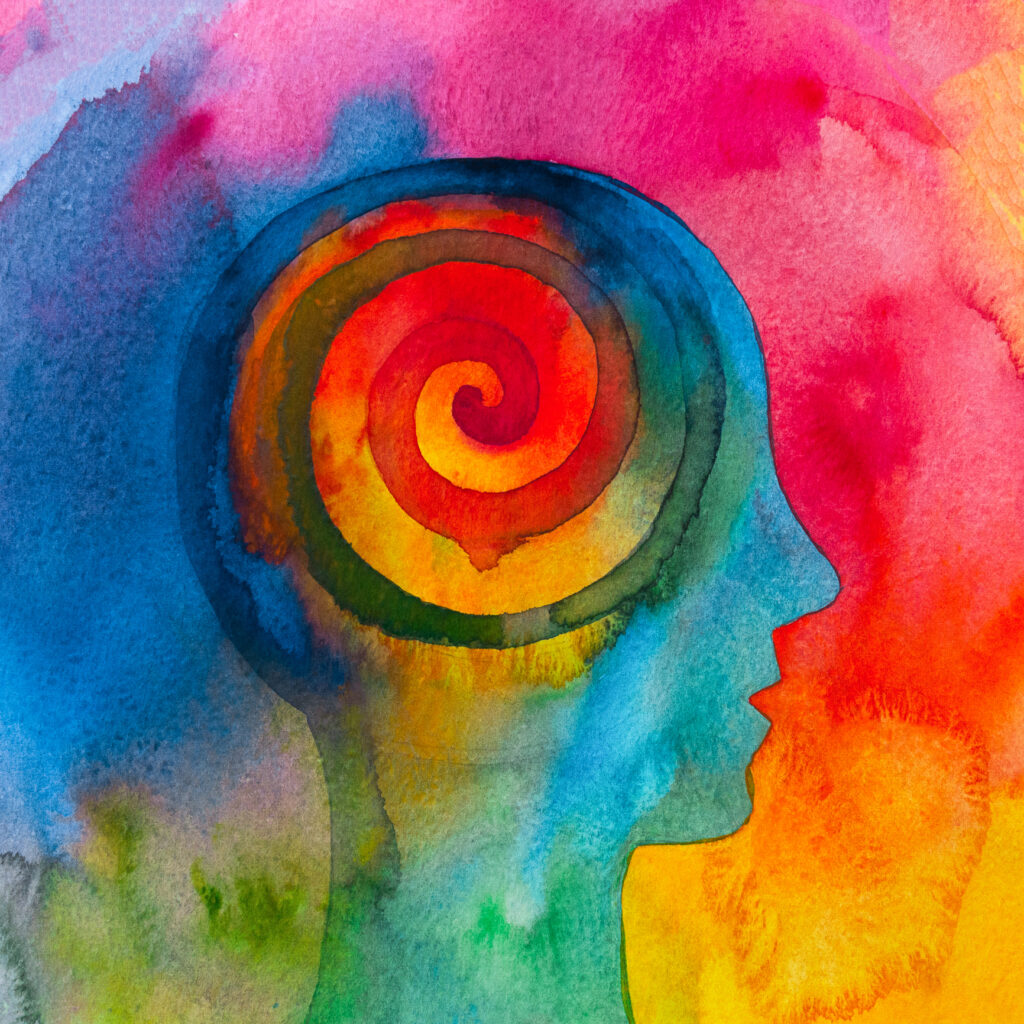Every tree grows toward the sun, no matter its shape.
Neurodivergence: What is it?
A neurodivergent adult is someone whose brain functions differently than what is considered “typical.” Oftentimes, neurodivergent adults process information, learn, or behave in ways that deviate from the mainstream. While being neurodivergent has held a negative connotation, and there are a handful of challenges that neurodiverse folks face, there are also unique strengths that this population possesses. In fact, did you know that 15-20% of the world’s population exhibits some sort of neurodivergence?
I’m an adult and was never diagnosed with Autism or ADHD but feel like I might be neurodivergent…
Indicators of neurodivergence:
- Social interactions: Difficulty interpreting social cues, making eye contact, or engaging in conversations
- Emotional Regulation: Challenges with expressing emotions, maintaining emotional balance, or understanding others’ thoughts and feelings
- Behavior Patterns: Repetitive behaviors, rigid routines, impulsive remarks, or unexpected vocal outbursts
- Sensory sensitivity: Heightened sensitivity to stimuli like light, sound, touch, smells, pressure, or crowded environments
- Learning/Processing: Difficulty with reading, writing, following spoken language, or solving mathematical problems
- Speech: Stuttering, echolalia ( repetition of words or phrases), or atypical speech patterns
- Flexibility and Adaptability: Difficulty adjusting to change or evolving interests with age or context
- Literal thinking: Taking things literally or find abstract concepts and idioms confusing
- Organization: A strong preference for order, with discomfort when things are out of place
- Motor Skills: Clumsiness or difficulty with coordination and fine motor tasks

How can I help?
I administer baseline assessments to help determine whether you may have traits associated with neurodivergence. If the results suggest that your symptoms align with a neurodivergent profile, we will have an in-depth conversation to explore the next best steps. Some clients choose to pursue further, more comprehensive evaluations with licensed psychologists to obtain a specific diagnosis. If needed, I can refer you to experienced psychologists who specialize in ASD and ADHD assessments. We will also review how your symptoms impact your daily life and collaboratively set actionable goals to support you in achieving your fullest potential. By understanding whether or not you are neurodivergent, you can gain valuable insight into the reasons behind your behaviors and reactions in different situations. This self-awareness can be a powerful catalyst for personal growth.
